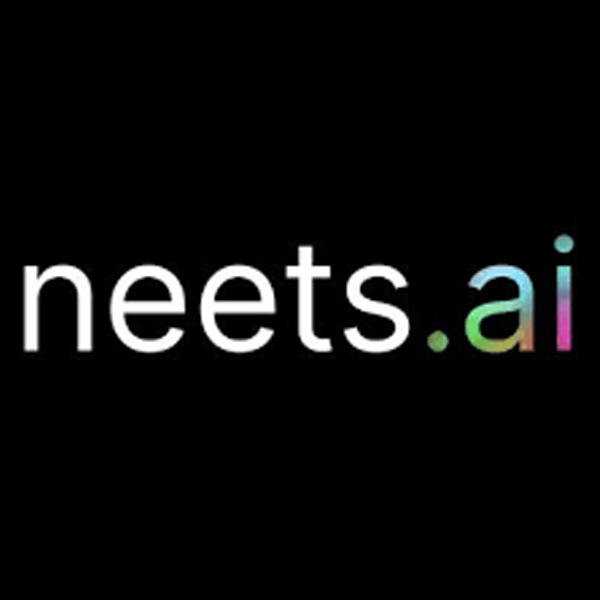Explore More Glossary Terms
- AI for Lip Syncing
- AI for API Rate Limit
- AI for Model Drift
- Artificial Intelligence (AI)
- AI for Model Inference
- AI for Audio Classification
- AI for Model Training
- AI for Audio Denoising
- AI for Naive Bayes
- AI for Autocomplete
- AI for Named Entity Recognition (NER)
- AI for Autoencoder
- AI for Natural Language Processing (NLP)
- AI for Autonomous Agent
- AI for Neural Network
- AI for Background Removal
- AI for Object Detection
- AI for Bias
- OpenAI Tool
- AI for Chatbot
- AI for Optical Character Recognition (OCR)
- AI for Code Generation
- AI for Overfitting
- AI for Collaborative Robots (Cobots)
- AI for Path Planning
- AI for Computer Vision
- AI for Personalization
- AI for Context Window
- AI for Pinecone
- AI for Conversational
- AI for Pose Estimation
- AI for Convolutional Neural Network (CNN)
- AI for Predictive Analytics
- AI for Cross-Validation
- AI for Dataset
- AI for Decision Tree
- AI for Support Vector Machine (SVM)
- AI for Deep Learning
- AI for Deepfake
- AI for Swarm Intelligence
- AI for Deployment
- AI for Telepresence Robot
- AI Agents
- AI for Diffusion Model
- AI for Text Classification
- Collaborative Robots - Cobots
- AI for Edge Detection
- AI for Text Generation
- Conversational AI
- AI for Embeddings
- AI for Text Summarization
- 3D Reconstruction
- AI for Emotion Detection
- AI for Text Translation
- A/B Testing
- AI for Face Recognition
- AI for Text-to-Speech (TTS)
- AI for Coding
- AI for Facial Recognition
- AI for Text-to-Video
- AI for Feature Engineering
- AI for Transfer Learning
- AI for Design
- AI for Few-shot Learning
- AI for Video-to-Text
- AI for eCommerce
- AI for Fine-tuning
- AI for Virtual Assistant
- AI for Education
- AI for Fraud Detection
- AI for Voice Cloning
- AI for Gaming
- GAN (Generative Adversarial Network)
- AI for Healthcare
- Gradient Descent
- AI for HR
- Hugging Face
- AI for Prompt
- AI for Legal
- Human-Robot Interaction
- AI for Recommendation Engine
- AI for Marketing
- AI for Image Generation
- AI for Recurrent Neural Network (RNN)
- AI for Productivity
- AI for Image Recognition
- AI for Reinforcement Learning
- AI for Real Estate
- AI for Image Segmentation
- AI for Research
- AI for Robotic Process Automation (RPA)
- AI for Image Upscaling
- AI for Resume Writing
- AI for Software Development Kit (SDK)
- AI for Inference Engine
- AI for Security
- AI for Sensor Fusion
- AI for Storytelling
- K-Means Clustering
- AI for Sentiment Analysis
- AI for Voiceovers
- AI for K-Nearest Neighbors (KNN)
- AI for Simultaneous Localization and Mapping (SLAM)
- AI for Writing
- AI for LangChain
- AI for Sound Classification
- AI for Language Detection
- AI for Speech Synthesis
- AI in SaaS
- AI for Language Model
- AI for Speech-to-Text
- AI-powered Search
- AI for Large Language Model (LLM)
- AI for Style Transfer
- AI Animation Generation
- AI for Latency
- AI for Supervised Learning
- AI API



























